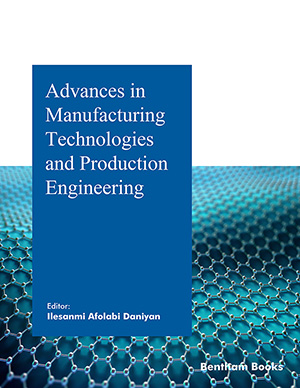
Abstract
Background: Development of ionic membranes by using generic polymers polyvinyl alcohol (PVA) and Polystyrene sulfonic acid (PSSA), which have been implemented as sensing devices. Our health is directly influenced by wearable sensors therefore, we need to enhance its quality. Wearable sensors depend on the sensitivity of the material as well as the phase transition of ions.
Method: The phase transition of ion/charge is analyzed through percolation theory, which is based on the probability model. Percolation displays what are referred to as crucial phenomena.
Result: This typically indicates that the model contains a natural parameter at which the system's behaviour substantially alters. The PVA/PSSA(S2) membrane of 25% composition reveals the minimum percolation threshold of 0.20. Sample S1(10%), S2(25%), and S3(45%) possess phase transitions of 0.525,0.225, and 0.0343, respectively. The robustness of the phase transitions and the sensitivity were examined using the percolation theory. Out of five samples, the three samples have more feasible coordinates for building wearable sensors, which are sample S1(10%), S2(25%), and S3(45%).
Conclusion: The analysis of the pure PSSA polymer research is expected to be done in the upcoming months in order for a patent.





















